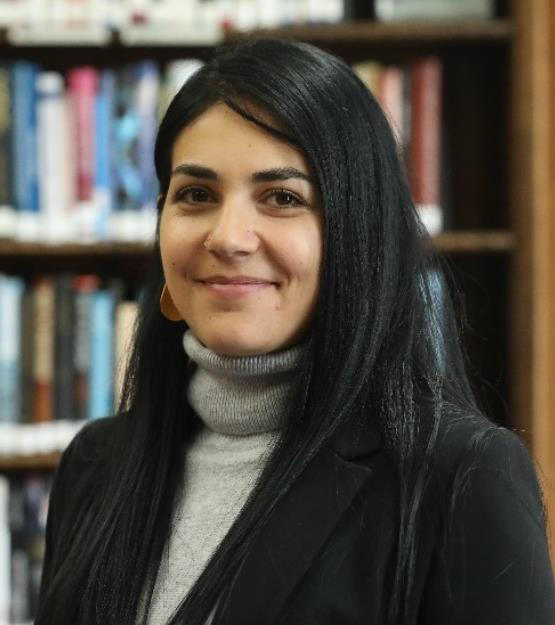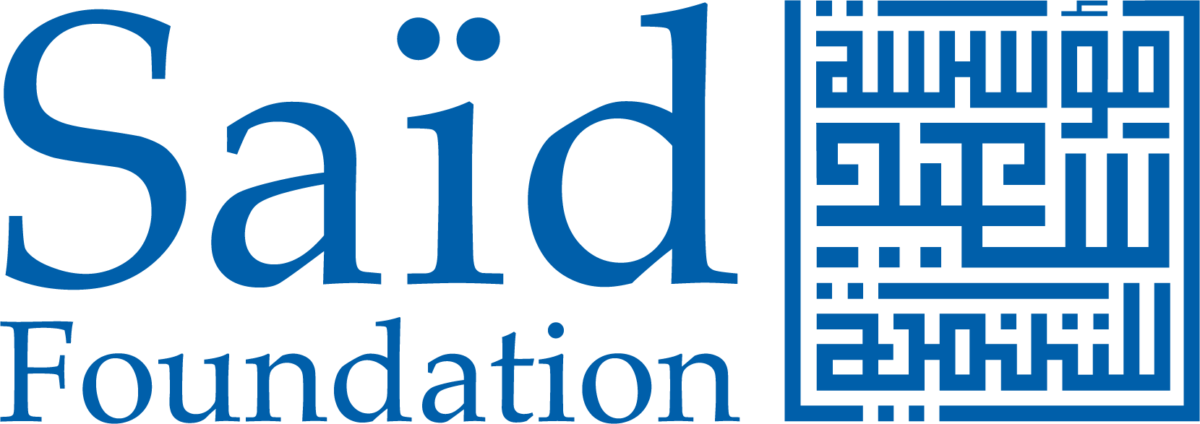Dr Rita Dayoub
 “Living and studying in London was a life- changing experience that I will always look back at with pride. Not only that I enhanced my knowledge in public health and became part of a world-class University, but I also learned a lot about myself and my own strength.”
“Living and studying in London was a life- changing experience that I will always look back at with pride. Not only that I enhanced my knowledge in public health and became part of a world-class University, but I also learned a lot about myself and my own strength.”
Rita Dayoub is a Syrian dentist who specialized in periodontology and implantology at Damascus University. Alongside her clinical work in Syria, she was a first aider with the Syrian Arab Red Crescent from 2011 until 2013 and she wrote bi-weekly columns in the Arab Awakening section of Opendemocracy.net. Her personal and professional experiences during the political turmoil and the subsequent armed conflict in Syria led her to a firm belief in the critical importance of efficient provision of emergency health care and strengthening national health systems. Therefore, she started working in the humanitarian response with the International Medical Corps IMC and later on with the International Committee of the Red Cross ICRC.
She received a Saïd Foundation Scholarship to study an MSc in Public Health at Kings College London in 2014. Her research examined the participatory and community-based approaches to health promotion in refugee camps.
After finishing her studies in London, Rita started working internationally on the provision and the protection of health humanitarian response in Syria, Zimbabwe and South Sudan. In 2018, she was awarded the Queen Elizabeth II Academy for International Leadership Fellowship at Chatham House in London. She continued to focus on the protection measures and strategies implemented by local health providers in the Middle East. She became an expert on the protection of health care in conflict, and she presented in over fifteen international conferences and events speaking about this issue.
In 2019, Rita founded the Health Workers at the Frontline story-telling initiative, which collects audio stories from local health workers in areas facing conflict or political unrest. The objective is to communicate the personal experiences of health workers to the public and decision-makers in the UK and beyond, to bolster the protection of and the solidarity with healthcare workers during conflicts.
